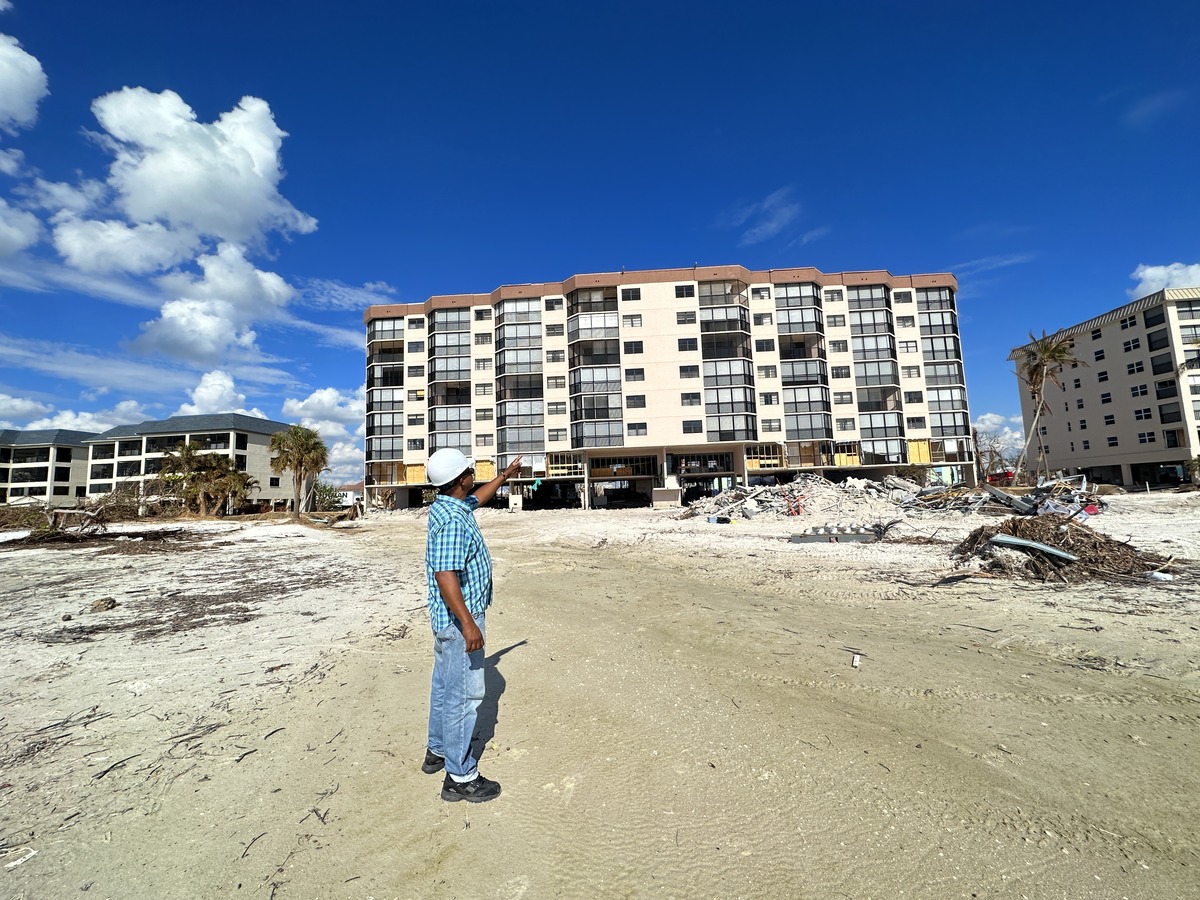How Long Does It Take For A Claims Adjuster To Contact You?

Dealing with damages, especially in building construction, can be stressful. One of the key players who can ease this process is a claims adjuster.
Once you’ve reported an incident to your insurance company, you’re probably anxious about the next steps and how soon you can expect a response. This article delves into the typical timeframe and what might affect how long it takes for a claims adjuster to contact you.
Standard Waiting Time
Typically, after reporting a claim to your insurance provider, you can expect a claims adjuster to reach out within 24 to 48 hours. This initial contact will be to gather more details about the incident and potentially schedule a time for an in-person inspection of the damages.
Factors that Can Affect the Timeframe
While 24 to 48 hours is standard, several factors can extend or even shorten this waiting period:
- Nature and Severity of the Claim
Claims related to minor incidents, such as small damages or repairs, might receive quicker responses. However, major incidents like a significant fire, structural collapse, or natural disasters can lead to numerous simultaneous claims. In such cases, adjusters might be overwhelmed, causing some delay.
- Company’s Workload
The response time might be slower if an insurance company has a high volume of claims—perhaps due to a recent storm or other widespread event affecting multiple policyholders.
- Time of Year
Certain times of the year, like hurricane or tornado season, might see a spike in claims. Adjusters are busier during these periods, which might cause slight delays.
- Availability of Adjusters
Smaller insurance providers may have fewer adjusters, affecting their responsiveness. On the other hand, larger companies with more resources can often maintain their 24 to 48-hour response time, even during busier periods.
Maximizing Response Time: Tips for Policyholders
While you’re waiting for the adjuster, consider these steps to potentially speed up the process:
- Provide Detailed Information
When reporting the incident, be as detailed as possible. Clear information can help adjusters prioritize and address claims more efficiently.
- Document Everything
Take pictures of the damages, gather relevant receipts, and make notes. Having this documentation ready can make the adjuster’s job easier and expedite the process.
- Be Proactive
If you haven’t heard back within the standard 48-hour timeframe, consider reaching out to your insurance company for an update.
- Understand Your Policy
Familiarize yourself with your insurance policy’s details. Knowing your coverages, deductibles, and policy limits can streamline conversations with the adjuster.
What to Expect After Initial Contact?
Once the adjuster gets in touch, they will:
- Gather more details about the incident
- Review the insurance policy to determine coverage
- Inspect the damages, if necessary
- Estimate repair costs
- Discuss the next steps with the policyholder
Maintaining open and frequent communication with the adjuster is crucial throughout this process. It ensures that both parties are on the same page and can pave the way for a smoother claims experience.
Lessen Your Stress and Worries
Navigating the post-incident landscape can be challenging, especially when anxious thoughts like “how long does it take for a claims adjuster to contact you” linger. Understanding the general timeframe and the factors affecting it can offer some peace of mind.
While waiting, being proactive, documenting damages, and understanding your policy can place you in a stronger position, ensuring that when the adjuster does reach out, the process proceeds efficiently and effectively.
